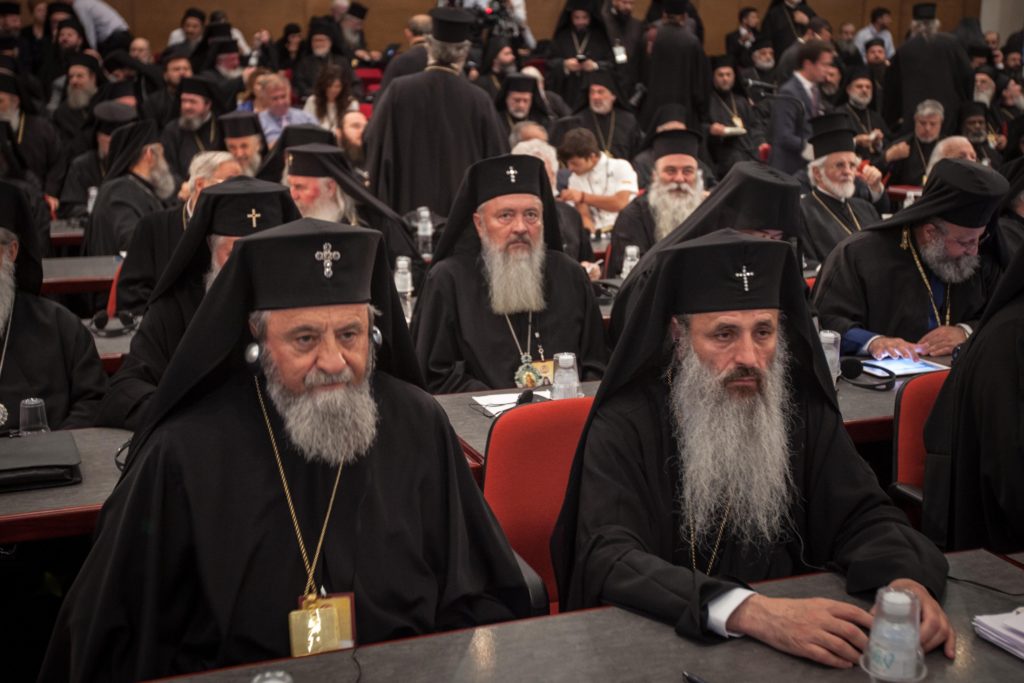What should have been - as originally intended - the first council was held on the island of Crete. orthodox panoramic after more than a thousand years of history, a meeting of the fourteen churches of Orthodoxy that recognize some form of honorary primacy of the Patriarch of Constantinople. "It should have been," because in the end four of the fourteen Orthodox churches did not participate in the council, and among them was the church of MoscowThe Orthodox Church, that is, the most powerful and numerous Orthodox Church, comprising more than half of all the Orthodox faithful in the world.
It is possible to analyze the facts: in January 2016 all the Orthodox Primates decided to hold the Council in June in Crete, and signed the decision. Despite the fact that this agreement was adopted at a synodal meeting, in the weeks preceding the event, the hierarchs of some Churches began to reject the decision, putting documents and controversies under discussion again. There are problems within the Orthodox communion that need to be resolved: the disagreement between the Patriarchs of Antioch and Jerusalem as to who is to exercise canonical authority in the Orthodox community of Qatar; the request of a part of the Orthodox in Ukraine to found an autocephalous Church separate from the Moscow Patriarchate; divergences concerning the interpretation and approach to relations with other Christians, etc.
All this motivated the decision of the Churches of Moscow, Bulgaria, Georgia and Antioch to cancel their participation in the council. If we consider the event - which actually has constant characteristics in the history of the councils - with "political" eyes, we will see a confusing reality, a council (that of Crete) that seems an example of what can be produced by the division between Churches that belong to the same communion, but are to some extent "victims" of nationalism because they are Church-States. However, if we look at it with different eyes (as Patriarch Bartholomew of Constantinople has done in a very clear way), we can consider what is happening as a test, as a first step towards a unity that is a witness before the world, abandoning completely the "spiritual worldliness", which is a tremendous disease for all the Churches. What happened in Crete is interesting in the first place for the whole Christian world, and the process begun can also be a sign for peace in the world.







